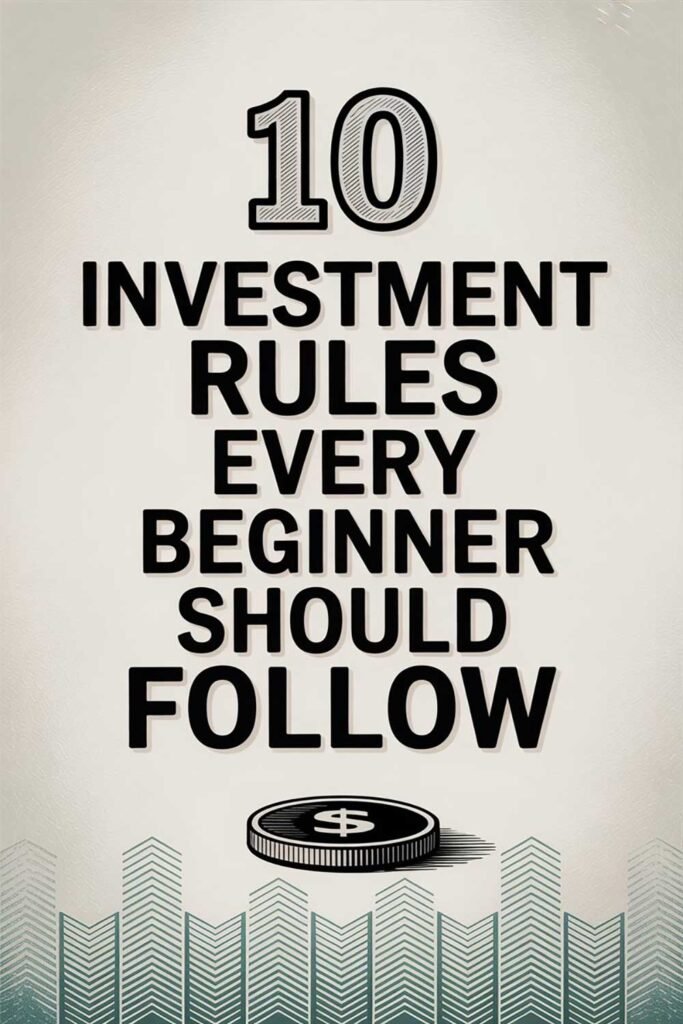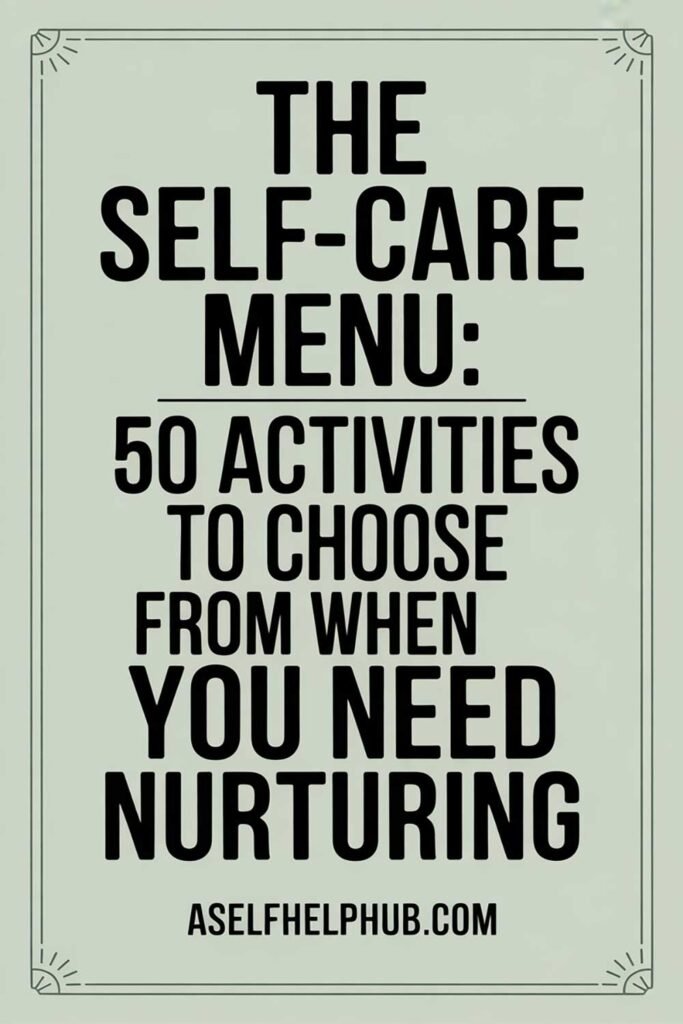How to Balance Intuition and Logic in Decision-Making
Making decisions is a fundamental part of life, whether it’s choosing a career, making financial investments, or deciding on personal relationships. However, the debate between intuition and logic in decision-making has long been a topic of discussion. Should you trust your gut feelings, or should you rely on reasoned analysis? The key to making the best choices lies in learning how to balance intuition and logic effectively.

Understanding Intuition vs. Logic
What is Intuition?
Intuition is a subconscious process that allows us to make decisions quickly based on past experiences, emotions, and instinctive feelings. It often manifests as a “gut feeling” or an inner sense of knowing what the right decision is.
Advantages of Intuition:
- Fast and efficient for immediate decisions.
- Works well in situations where prior experience is relevant.
- Helps in creative problem-solving and recognizing patterns.
- Can be useful in high-pressure situations where time is limited.
Disadvantages of Intuition:
- Can be influenced by cognitive biases and emotional reactions.
- Not always reliable in new or unfamiliar scenarios.
- May lead to impulsive or irrational decisions.
What is Logic?
Logic is a systematic and analytical approach to decision-making that involves evaluating facts, data, and rational thought. It follows a structured method to weigh options and predict outcomes.
Advantages of Logic:
- Provides clear, objective reasoning for decisions.
- Reduces the impact of emotional or biased thinking.
- Useful for complex problems requiring detailed analysis.
- Ensures decisions are backed by evidence and rational thought.
Disadvantages of Logic:
- Can be slow and require extensive analysis.
- Sometimes overlooks the emotional or human aspect of decisions.
- May not always work well in unpredictable or ambiguous situations.
The Need for Balance
While both intuition and logic have their strengths and weaknesses, relying solely on one can lead to poor decision-making. A balanced approach that integrates both can lead to better, more informed choices.
When to Trust Intuition
- When you have experience in a specific area – If you’ve encountered similar situations before, your subconscious mind may recognize patterns that logical analysis might miss.
- When time is limited – In high-pressure situations, intuition can help make quick, effective decisions.
- When dealing with creative or personal decisions – Choices related to art, relationships, or personal values often benefit from intuitive insight.
When to Rely on Logic
- When the stakes are high – Major financial investments, business strategies, and legal matters require careful analysis.
- When you have access to clear data – If you can collect relevant facts and statistics, logic should guide your decision.
- When emotions may cloud judgment – If a decision is emotionally charged, stepping back and applying logic can prevent irrational choices.
Strategies to Balance Intuition and Logic
1. Use the “Head and Heart” Approach
- Write down the logical pros and cons of a decision (head).
- Tune into your emotions and feelings about each option (heart).
- Compare both perspectives before making a final choice.
2. The 80/20 Rule (Pareto Principle)
- Spend 80% of your time gathering logical information and analyzing options.
- Spend 20% of your time listening to your intuition and gut feeling.
3. Take a Step Back
- If you’re overwhelmed, pause and give yourself time to process both logical and intuitive insights.
- Sleep on the decision before finalizing it.
4. Apply Decision-Making Frameworks
- The 10-10-10 Rule: Ask yourself how this decision will affect you in 10 minutes, 10 months, and 10 years.
- SWOT Analysis: List the Strengths, Weaknesses, Opportunities, and Threats of each choice.
- Risk Matrix: Categorize risks based on their probability and impact.
5. Experiment with Small Decisions
- Practice using a mix of intuition and logic in low-risk choices (e.g., deciding what to eat, picking a book to read).
- Observe patterns in how each approach affects the outcome.
Overcoming Common Challenges
1. Overanalyzing (Analysis Paralysis)
- If you’re stuck overthinking, trust your gut to push forward.
- Set a decision deadline to avoid unnecessary delays.
2. Emotional Biases
- Ask yourself: Am I making this decision based on fear, anxiety, or excitement?
- Seek a neutral perspective by discussing the decision with someone objective.
3. Ignoring Gut Feelings
- If logic says one thing but your gut strongly disagrees, pause and reflect.
- Consider why your intuition might be signaling caution.
4. Trusting Instincts Too Much
- Recognize when your intuition might be influenced by past traumas or biases.
- Cross-check intuitive feelings with logical evidence.
Inspirational Quotes on Decision-Making
- “Trust your instinct to the end, though you can render no reason.” – Ralph Waldo Emerson
- “Intuition is seeing with the soul.” – Dean Koontz
- “Logic will get you from A to B. Imagination will take you everywhere.” – Albert Einstein
- “Never ignore a gut feeling, but never believe that it’s enough.” – Robert Heller
- “The best decisions are a blend of careful thought and instinctive wisdom.” – Daniel Kahneman
- “The heart has reasons which reason knows not.” – Blaise Pascal
- “When in doubt, follow your heart—but take your brain with you.” – Unknown
- “A wise man makes his own decisions; an ignorant man follows public opinion.” – Grantland Rice
- “Don’t let logic kill creativity, but don’t let creativity abandon logic.” – Unknown
- “Your intuition knows what to do. Trust it.” – Anonymous
Picture This
Imagine you’re facing a major life decision—perhaps switching careers or moving to a new city. Your logical mind lays out the pros and cons, analyzing salary, cost of living, and long-term stability. But your gut keeps nudging you toward the choice that excites and inspires you. Instead of ignoring either perspective, you integrate both. You make a decision that feels right emotionally and makes sense rationally. How much more confident would you feel if every decision you made followed this balanced approach?
Please Share This Article
If you found this article helpful, please share it with others who struggle with balancing intuition and logic in decision-making!






